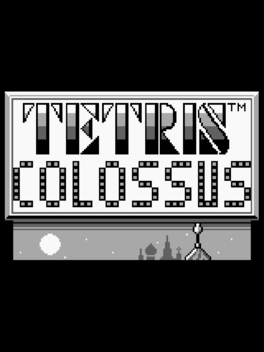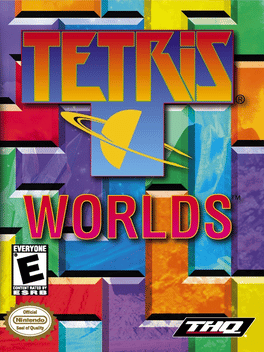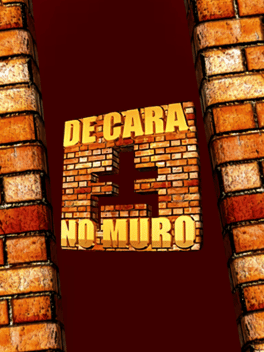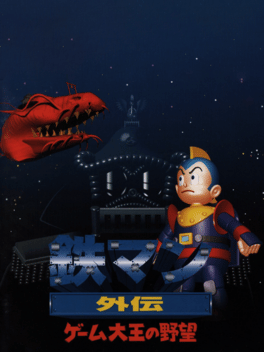Most Popular Ps3 Games - Page 173
-
Downwordly
Downwordly is a word building game that challenges you to make the most out of the letters you have. Not all letters you see are playable! Use your intellect to find the best word you can make while also planning for the future. Play against your GameCenter friends in turn-based multiplayer! Play solo with an endless stack of letters! Try searching for words in Puzzle mode! Work your way through a new set of 5 layers of tiles every day in the Daily Challenge! See how you stack up against your friends and the world on the leaderboards. -
Slide to Spell
Slide lines or columns of letters to form words spelled either vertically or horizontally. You want to get the longest words possible. The game has three modes: hard mode is a nightmare and in easy the game almost plays itself. Quite fascinating to watch, really. -
Tetris Colossus
2023
Tetris Colossus
2023
This is a complete reworking of Game Boy Tetris into an original game called “Tetris - Colossus“. This is essentially Tetris with giant blocks! Some changes have been made to accommodate those bigger blocks and it ends up being quite fun. -
Tetris Worlds
2001
-
Atom Antics
Professor Twiddie's Atom Antics is addictive, entertaining and fun puzzle game. It's the ultimate brain challenge for you. Proof that you are genius. Help Professor Twiddie. Touch and slide the atoms around the playfield to match the pattern shown on the small image. -
Parallel Room Escape
Explore the new brain challenge puzzle & try to escape from this unknown spot. We are introducing another interesting adventure mystery room escape game, so get ready for this new parallel room escape game 2020 and enjoy this interesting challenge from beginning to end. -
Outer Space
Come with us on an intergalactic journey! Let's explore the fantastic intergalactic world of outer space! Perfect for toddlers and little kids because there is no language knowledge needed to play this game! -
Spot Venture
It's a creative find differences game, full of eyeful puzzles and fun-filled challenges. -
Tiny Legends: Saving Princess
Another masterpiece game of Joy Joy Studio has finally arrived. This is a decryption + puzzle game, the picture clear, simple operation, the best casual games in your spare time. Fit with friends or family together to solve the puzzle. -
Line Up: Dots!
Find out the best route and connect the dots in order until the end of the line, but don't forget to collect the stars at the right time! Play freely hundred levels, beginning with the easiest to the most challenging. Each level has several ways to be solved, use your logical reasoning and try to collect all the stars of each world! -
Lost Oddies
Help the Oddies get home by puzzling them towards their symbol. But be aware, Oddies of the same color will always follow one another! If you move one green Oddie to the left, all other green Oddies will also move to the left! This makes Lost Oddies a simple, yet brain twisting puzzle with 6 different Oddie behaviors and many interactive elements to use! -
Stars Blast
Choose your preferred control mode, game mode and musics. Make use of the bonus items to get higher scores and challenge world records. Share your score to varies social networks. Challenge your friends. -
Glassfish Bomb
Tap Tap all the flashing glassfish balls!!! Be careful of the Bombs they are explosive!!! -
One Line 3D
A simple, but challenging puzzle for your brain! Fill in all of the blocks in one line. Drag or tap on the blocks to fill them. -
De Cara no Muro
2008
De Cara no Muro
2008
De Cara no Muro was a web browser game based on a segment featured on Domingão do Faustão. -
Tetsuman Gaiden
1996
-
Stone of Destiny
Brand new Chinese style match-3 puzzle game from Fangtang! Challenge your skills across 9 areas and 73 levels in the the definitive puzzle game. Gain the help of mythical Chinese creatures and tools to discover your destiny! Can you find the ultimate truth?




